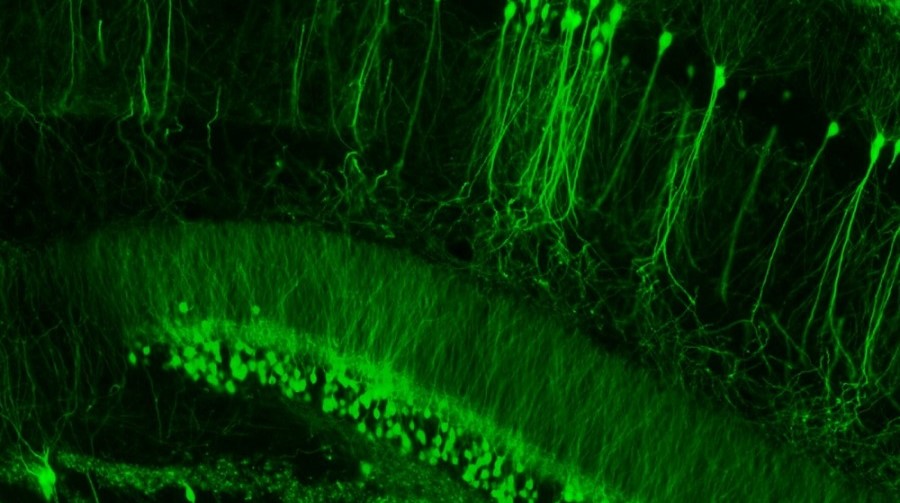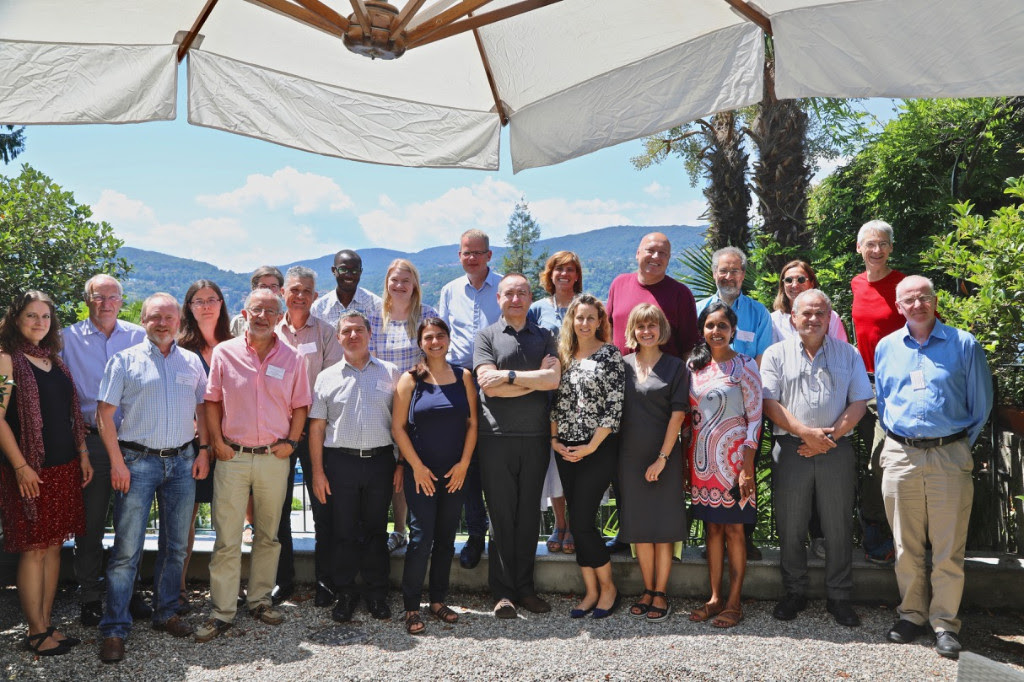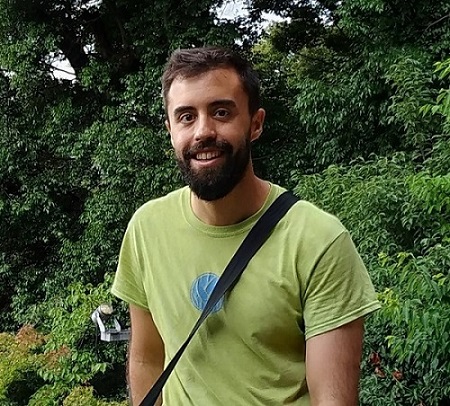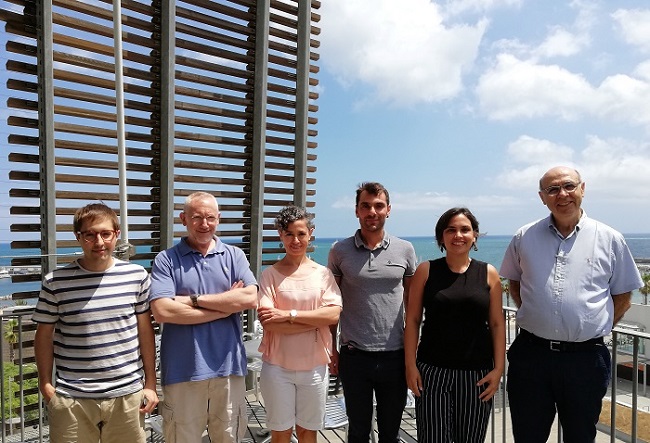
05/11/2018
University and social networks: adapt or be left behind
With just over fifteen years social networks have become indispensable for society, with billions of users. They have become the main sources of information and sharing of content for many of them, especially the youngest. Communication has changed in a profound and disruptive way.
Social platforms have multiplied since then and each passing year there is an exponential increase in their infiltration among internauts. In fact, they have practically become the main sources of information and content sharing for a large number of users, especially for young people.
Read this article published on the digital magazine 365UPF with the opinions of teachers and researchers on the subject and the contributions of Angela Leis and Miquel Angel Mayer, members of the Integrative Biomedical Informatics group of GRIB stressing the potential of social networks to detect and predict health issues and their role in the classroom.

5/10/2018
A mechanism whereby cannabis would affect the plasticity of neural circuits is identified
A team led by Andrés Ozaita shows how the main psychoactive component of cannabis affects the machinery required to maintain the protein balance in the hippocampus.
A study led by Andrés Ozaita, a researcher at the Neuropharmacology Laboratory at UPF, shows how the main psychoactive component of cannabis affects the machinery required to maintain the protein balance in the hippocampus. They have discovered a mechanism whereby the cannabis would affect synaptic plasticity, i.e., the neurons' ability to respond to stimuli, modifying their connections, which are essential for learning and memory. The study, conducted in rodents, has been published in the journal Biochemical Pharmacology. The study also involved Joaquim Aguirre-Plans, Baldo Oliva and Emre Guney, researchers of the Structural Bioinformatics and Integrative Bioinformatics groups of GRIB.
Reference article: Salgado-Mendialdúa V, Aguirre-Plans J, Guney E, Reig-Viader R, Maldonado R, Bayés A, Oliva B, Ozaita A. Delta9-tetrahydrocannabinol modulates the proteasome system in the Brain. Biochemical Pharmacology (2018), https://doi.org/10.1016/j.bcp.2018.08.026.

05/10/2018
GRIB participates in the think tank meeting co-organized by the Center for Animal Alternatives to Testing-Europe and the project EU-ToxRisk.
The meeting took place in Ranco, Italy from 16th to 18th of July 2018 and was focused on "Internationalisation of read across as validated non-animal method (NAM) for regulatory toxicology". More than 20 read-across international experts from regulatory agencies, industry, and academia met to discuss about the necessary steps which would be necessary to boost the standardization of the read-across method and to expand its use and acceptance among international regulatory organizations. Manuel Pastor, head of the PharmacoInformatics group of GRIB and leader of the workpackage applying read across methods within the EU-ToxRisk project, participated on this meeting.

18/08/2018
Jorge Ruiz Orera receives one of the Doctoral School PhD Special Awards from the PhD Programme in Biomedicine of the Pompeu Fabra University
During the 2016-2017 academic year, 106 PhD theses were read and eight of them have been awarded
Congratulations to Jorge Ruiz Orera, doctoral student at the Evolutionary Genomics group of GRIB (IMIM-UPF) for his thesis "Understanding the mechanisms of de novo gene evolution using transcriptomics data", supervised by Dr. Mar Albà. In his research, he investigated the mechanisms for de novo gene origination and evolution using highthroughput sequencing of complete transcripts and ribosome-protected fragments. The thesis identifies thousands of new de novo genes in human, chimpanzee, and mouse and presents evidence that these genes are mostly expressed from recently arisen promoters. It also shows that a large number of poorly conserved genes, including genes previously believed to be non-coding, are translated and finds a link between the capacity of a sequence to be translated and its nucleotide sequence composition. This doctoral research shows that there is abundant raw material for de novo birth of new functional proteins, and hence, its results contribute to a better understanding of the mechanisms of gene evolution. This thesis has been awarded with the International PhD Mention.

10/08/2018
"We found a way to share the unsharable", an interview with the eTOX project coordinators F. Pognan and F. Sanz
The eTOX project partners developed innovative strategies and novel software tools to better predict the safety and side effects of new candidate medicines for patients. In an interview with the Innovative Medicine Iniciative (IMI) Programme Office, project coordinator Francois Pognan of Novartis, and academic coordinator Ferran Sanz, Director of GRIB (IMIM-UPF), explain how the tools developed by the project are already helping pharmaceutical companies make better-informed decisions in their pursuit of developing safer drugs for patients.
"For the academic world", Ferran Sanz says, "the way in which we have learned how to collaborate with the pharmaceutical industry is potentiating our capabilities to create spin offs and to establish research contracts with the pharmaceutical industry, beyond this particular project".
Read the interview at 'We found a way to share the unsharable' - an interview with the eTOX...

17/07/2018
Jordi Mestres elected Fellow of the Royal Society of Chemistry
Congratulations to Jordi Mestres, head of the Systems Pharmacology group of GRIB (IMIM-UPF), elected Fellow of the Royal Society of Chemistry of the United Kingdom. Achieving this status is an important milestone in a researcher's career as it indicates scientific quality and is one of the most important recognitions a chemist can receive.
The Royal Society of Chemistry is a non-profit organisation that is more than 175 years old and has more than 54,000 members across the world. Its aim is to advance excellence in the chemical sciences, investing in the education of future generations, creating and maintaining standards, encouraging innovation, and advising governments.
To become a member, you must have at least 5 years professional experience and your work must have made a significant impact in the field of chemistry, contributing notably to the advancement of the chemical sciences. "I am absolutely delighted and honoured to be elected Fellow of the Royal Society of Chemistry and become part of the select group of scientists who have made important contributions in the field of chemistry", said Mestres. "I am deeply grateful to the Royal Society of Chemistry for this recognition. It is immensely satisfying and encourages me to push towards more ambitious goals and reach new heights", the researcher added.

17/07/2018
FAIRPlus grant awarded
The FAIRPlus proposal, coordinated by ELIXIR, has just passed stage two review and invited into contract negotiations. The project proposal was submitted to the Innovative Medicines Initiative (IMI), and will see ELIXIR Nodes and other academic partners supporting EFPIA companies and specific IMI projects in making their data FAIR: Findable, Accessible, Interoperable and Re-usable. The following ELIXIR Nodes are involved as partners: ELIXIR Spain, ELIXIR Netherlands, ELIXIR UK, ELIXIR Luxembourg, ELIXIR Switzerland and EBI. IMIM takes part in the project through the the Integrative Biomedical Informatics Group of the GRIB led by Laura I. Furlong and Ferran Sanz.
ELIXIR unites Europe's leading life science organisations in managing and safeguarding the increasing volume of data being generated by publicly funded research. It coordinates, integrates and sustains bioinformatics resources across its member states and enables users in academia and industry to access services that are vital for their research. More information about ELIXIR.

A new computational method for exploring the reuse of drugs
The Proximal pathway Enrichment Analysis method can be applied to reuse drugs targeting mechanisms shared by different diseases, such as Alzheimer’s and type 2 diabetes.
Researchers led by Emre Guney of the Research Programme on Biomedical Informatics (GRIB, UPF-IMIM), have developed a new computational method to reuse drugs that target biological pathways common to more than one disease. The results have been presented in the journal Pharmaceuticals.
Reference article: Aguirre-Plans J, Piñero J, Menche J, Sanz F, Furlong LI, Schmidt HHHW, Oliva B, Guney E. Proximal Pathway Enrichment Analysis for Targeting Comorbid Diseases via Network Endopharmacology. Pharmaceuticals. June, 2018. DOI: https://doi.org/10.3390/ph11030061

04/06/2018
EU-wide network explores sudden cardiac arrest causes to help prevention and treatment
Scientists across Europe are creating a large database of sudden cardiac arrest cases to improve direct patient care.
Sudden cardiac arrest (SCA) continues to be a major public health challenge, accounting for about 20 % of all natural deaths in industrialised countries. Although there has been a substantial decline in overall coronary heart disease mortality rates in the past 30 years, SCA rates have fallen to a lesser extent. Some 50 % of all cardiovascular deaths are caused by SCA, a condition in which the heart suddenly and unexpectedly stops beating. With survival rates ranging between 5 % and 20 % there's a need to improve SCA prevention and treatment.
To address this issue, a European public-private consortium is now working on the creation of a joint, harmonised database by analysing SCA victims and DNA samples, along with detailed clinical and medication use information. Funded by H2020 Programme of the European Union, the team of scientists contributing to the ESCAPE-NET project, including the System Pharmacology group of GRIB (IMIM-UPF) led by Jordi Mestres, summarised the objectives of their research in the 'European Heart Journal'.

4/6/2018
The 6th iPiE Forum Meeting was held in Barcelona during the 24th and 25th of April 2018
The 6th iPiE Forum Meeting was held in Barcelona during the 24th and 25th of April 2018, and counted with the presence of the participants of the iPiE Consortium. The Integrative Biomedical Informatics group and the PharmacoInformatics group of GRIB (IMIM-UPF) take part of this european project. The meeting was focused on progress to the development of guidance on how the established approaches and expert system from iPiE can be used in the intelligent testing of APIs at early stages in drug development, and to prioritise legacy APIs for further testing or assessment.
On the first day, an integration workshop was organised to define next steps towards the preparation of prioritisation guidelines. The workshop started with two parallel sessions, one attended by academia and other by industry representatives, including regulatory experts in both. The two groups were allowed for an internal debate that led to concrete conclusions on necessities from both sides. The meeting also included the updates of Work Packages and the progress done in the past months.



